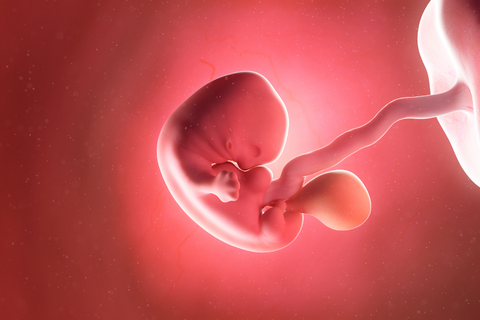The latest episode of the Frontline Health Podcast delivers a thought-provoking exploration of current health headlines that touch on technology, genetics, personal care products, infectious disease, and sleep habits. Hosts Evan Patrick and Troy Duell dissect these topics with a focus on how individuals can take ownership of their health in an increasingly complex world.
A particularly concerning headline discussed in this episode centers on artificial intelligence and its potential impact on cognitive function. According to a new MIT study, ChatGPT users displayed significantly lower brain engagement compared to those using Google search or nothing at all when completing writing tasks. The study revealed that over time, ChatGPT users became increasingly reliant on the AI, often resorting to copying and pasting content rather than engaging their critical thinking skills. This raises important questions about how we integrate these powerful tools into education and daily life without sacrificing cognitive development. As Troy points out, viewing AI as a tool rather than a replacement for human thought is crucial: "You come up with your ideas initially, and then you use it almost as though it is a counsel type scenario... Is there anything that I'm missing?" This balanced approach allows us to leverage AI's benefits while maintaining our essential cognitive abilities.
The podcast also delves into the controversial realm of genetic engineering with discussion of Nucleus Genomics' new "genetic optimization software" that allows prospective parents to select embryos based not just on health factors but also on appearance, cognitive ability, and mental health traits. This technology represents a significant departure from conventional embryo screening, which typically focuses on detecting chromosomal abnormalities and genetic disorders. The hosts explore the ethical implications of such technology, with Troy questioning whether this represents a concerning step toward eugenics: "You are truly trying to create the superior human." The conversation highlights how this isn't truly "optimization" but rather "genetic favoritism" or "genetic discarding," as parents select embryos with desired traits while discarding others. This raises profound questions about the future of reproductive technology and its potential societal impacts.
Personal care products came under scrutiny as the hosts discussed research linking beauty products to respiratory health issues. A long-term study of approximately 40,000 American women found that frequent use of products like blush, lipstick, artificial nails, and pomade was associated with a 19-22% higher risk of developing adult-onset asthma. The suspected culprits are hormone-disrupting chemicals like phthalates, parabens, and PFAS that may affect respiratory health through various mechanisms. This highlights the importance of consumer awareness and the need for greater transparency in product ingredients. As Troy emphasizes, "If we're serious about wanting better health, then we need to start looking at these things and doing our own research."
A timely public health warning about flesh-eating bacteria (Vibrio vulnificus) was also discussed, with reports of eight deaths and 32 illnesses across Florida, Louisiana, Mississippi, and Alabama. This bacteria typically causes severe infections when exposed to open wounds in warm coastal waters or through consumption of raw seafood, especially oysters. The hosts share practical advice for preventing infection, including avoiding raw shellfish during warmer months (specifically months without an "R" in their name), proper wound care, and seeking immediate medical attention if symptoms appear after water exposure.
The episode concludes with a discussion of sleep chronotypes and the health benefits of earlier bedtimes. Research suggests that late bedtimes, even with adequate sleep duration, are linked to higher risks of physical health problems like diabetes, hypertension, and obesity. The hosts explore how individuals can gradually shift their sleep patterns toward earlier bedtimes through consistent sleep-wake schedules, morning light exposure, and reduced caffeine intake. This supports the age-old wisdom that "early to bed, early to rise, makes a man healthy, wealthy, and wise."




